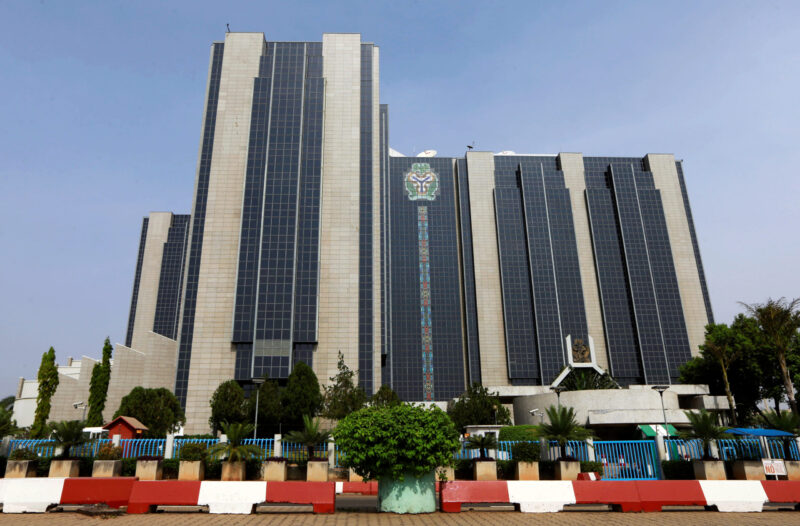The Centre for the Promotion of Private Enterprise (CPPE) has praised the Central Bank of Nigeria’s decision to ease credit conditions, describing it as a timely shift towards growth after an extended period of tight monetary policy.
On Tuesday, the Monetary Policy Committee (MPC) reduced the Monetary Policy Rate (MPR) by 50 basis points from 27.5 per cent to 27 per cent. The committee also lowered the Cash Reserve Ratio (CRR) for commercial banks from 50 to 45 per cent, while keeping the CRR for merchant banks at 16 per cent and retaining the liquidity ratio at 30 per cent. The asymmetric corridor around the policy rate was adjusted to +250/-250 basis points.
A notable new measure was the introduction of a 75 per cent CRR on non-Treasury Single Account public sector deposits. According to the central bank, this aims to guard against excess liquidity risks from fiscal operations that could destabilise price gains made in recent months.
Muda Yusuf, chief executive of the CPPE, said the easing came at the right time, as Nigeria has seen five straight months of declining inflation. “Having restored a measure of stability and slowed inflationary pressures, the MPC’s pivot toward growth is both logical and timely,” he said.
He noted that high interest rates in recent quarters had constrained private sector credit, raised the cost of borrowing and weighed on business expansion. By cutting the policy rate and CRR, Mr Yusuf argued that the central bank was deliberately working to improve liquidity, reduce borrowing costs, and free up capital for productive sectors.
The CPPE highlighted four main implications of the shift. It argued that improved credit conditions would expand banks’ lending capacity and make financing more accessible, especially for small and medium-sized firms.
Lower costs of funds would encourage new investments, support expansion and raise capacity use in the real sector, boosting jobs and output, adding that a more accommodative stance would allow banks to play their role of mobilising savings and channelling funds into productive investments, reinforcing growth.
READ ALSO: FirstBank set to launch tailored financial services for blind and physically challenged customers
The CPPE noted that the 75 per cent CRR on non-TSA deposits was seen as a safeguard against fiscal-driven liquidity that could upset the financial system.
The think-tank stressed that fiscal authorities must complement the monetary easing to unlock the economy’s potential. It called for sustained fiscal consolidation to maintain investor confidence, priority investment in infrastructure to cut production and logistics costs, stronger regulatory institutions to attract private capital, and firm action on insecurity, which remains a significant drag on rural productivity and investment.
“The MPC’s decision represents a strategic and well-timed policy shift from stabilisation to growth acceleration,” Mr Yusuf said. “If sustained and complemented by appropriate fiscal and structural reforms, the measures will stimulate growth and jobs, improve private sector output, expand government revenues through a broader tax base, and moderate inflation sustainably in the medium to long term.”
The CPPE described the move as a step in the right direction towards building a more resilient and inclusive Nigerian economy.










